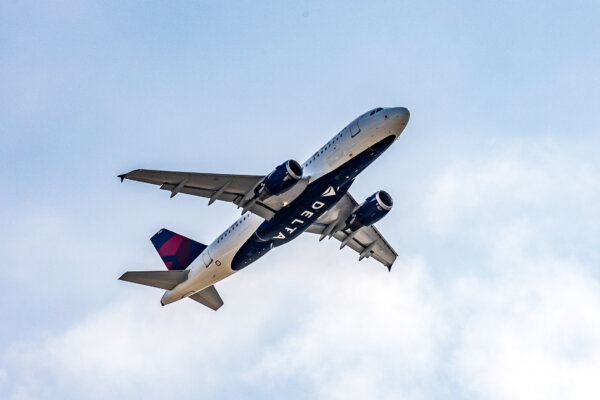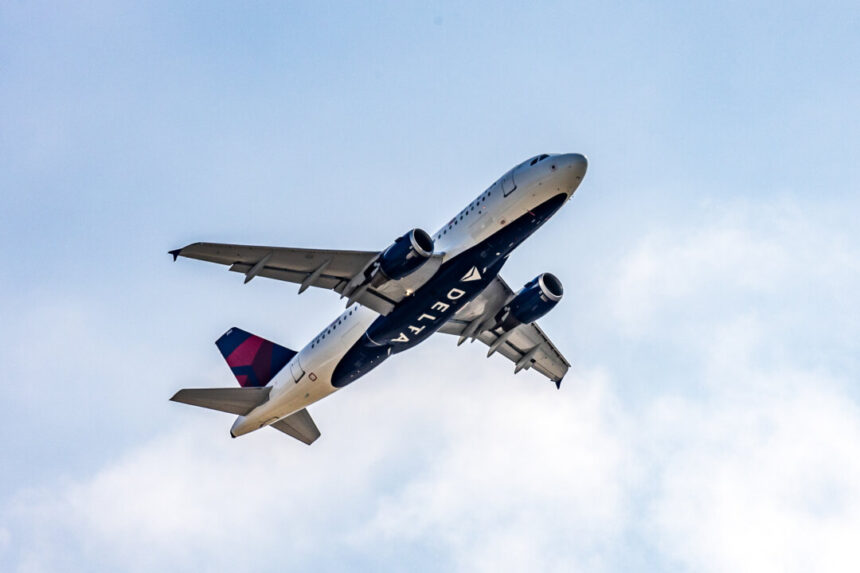
A representative from Spirit AeroSystems revealed that titanium had entered the supply chain with fraudulent authenticity documents.
The Federal Aviation Administration (FAA) initiated an investigation after uncovering that titanium used in the production of certain Boeing and Airbus aircraft was verified using inaccurate authenticity records.
Spirit AeroSystems, a manufacturer of fuselages for Boeing and wings for Airbus, is also looking into the records following the discovery of small holes in the titanium due to corrosion by a parts supplier.
Concerns have been raised regarding the durability of aircraft manufactured with the compromised metal.
According to a statement provided to The Epoch Times, the FAA is conducting an assessment of the extent and implications of the issue through its Continued Operation Safety process.
Boeing reported a voluntary disclosure to the FAA regarding a material procured from a distributor that may have supplied falsified or inaccurate records, as per the agency.
The FAA added that Boeing issued a bulletin outlining measures for suppliers to be vigilant against the potential of falsified records.
Joe Buccino, a spokesperson for Spirit, informed The Epoch Times that the investigation pertains to titanium that made its way into the supply chain with counterfeit documentation.
He stated, “When this was identified, all suspect parts were quarantined and removed from Spirit production.” Buccino mentioned that over 1,000 tests were conducted to verify the mechanical and metallurgical properties of the affected material to ensure ongoing airworthiness.
The counterfeit titanium was utilized in the construction of the Boeing 787 Dreamliner’s passenger entry door, cargo doors, and a component connecting the engines to the aircraft’s airframe.
It was also used in the Boeing 737 Max and Airbus A220 for a heat shield safeguarding a part linking the jet’s engine to the body.
Titanium is commonly employed in the manufacturing of airplane landing gear, blades, and turbine discs.
Boeing stated to The Epoch Times that the issue affecting specific shipments of titanium received by a limited group of suppliers has been acknowledged, with tests confirming the utilization of the correct titanium alloy.
Boeing added, “To ensure compliance, we are removing any affected parts on airplanes prior to delivery.”
The analysis indicated that Boeing’s current fleet can continue to operate safely and that only a small number of components on specific Boeing aircraft are impacted by the issue.
Boeing noted that most of its titanium for aircraft production is acquired directly from a supply chain unaffected by counterfeit materials.
An Airbus spokesperson informed The Epoch Times that the company is aware of the situation and has conducted numerous tests on parts from the same supply source, affirming the airworthiness of Airbus’s A220 jet.
The spokesperson emphasized, “The safety and quality of our aircraft are our highest priorities, and we are collaborating closely with our supplier.”
Both Boeing and Airbus have experienced a surge in demand for new aircraft following the resumption of travel post the COVID-19 pandemic, although challenges with the supply chain and component shortages have impacted their ability to meet the demand.
In addition, Boeing is dealing with the FAA’s production limit on its popular 737 Max, imposed in February after the Alaskan Airlines incident on Jan. 5.
Following a door panel detachment from a newly manufactured 737 Max 9 shortly after takeoff, prompting investigations by the FAA and Justice Department, Boeing was given 90 days to submit a comprehensive plan to enhance safety and quality assurance in airplane manufacturing, which was submitted on May 30.
CEO Dave Calhoun is scheduled to testify before the U.S. Senate regarding the company’s safety concerns on June 18.
Boeing had until Jan. 7, 2024, to meet the agency’s requirements, only for the Alaskan Airlines incident to occur two days before the deadline.
The Justice Department announced on May 14 that Boeing had breached the agreement, a claim that the company rejected.
The government will disclose its intentions regarding potential criminal charges against Boeing by July 7 at the latest.
Reuters contributed to this report.





